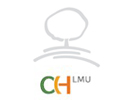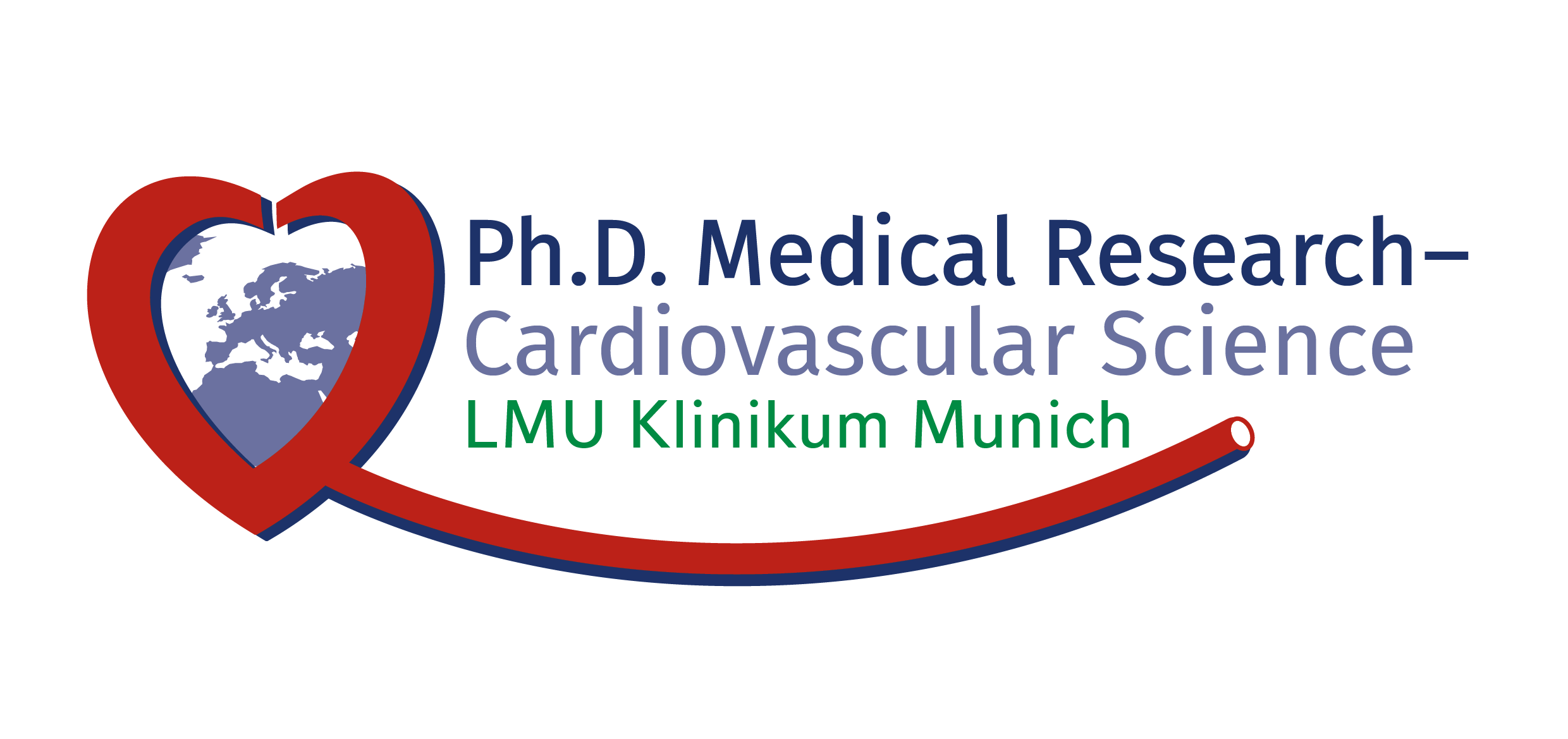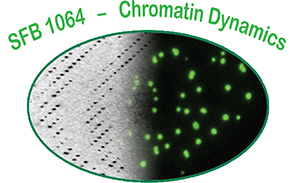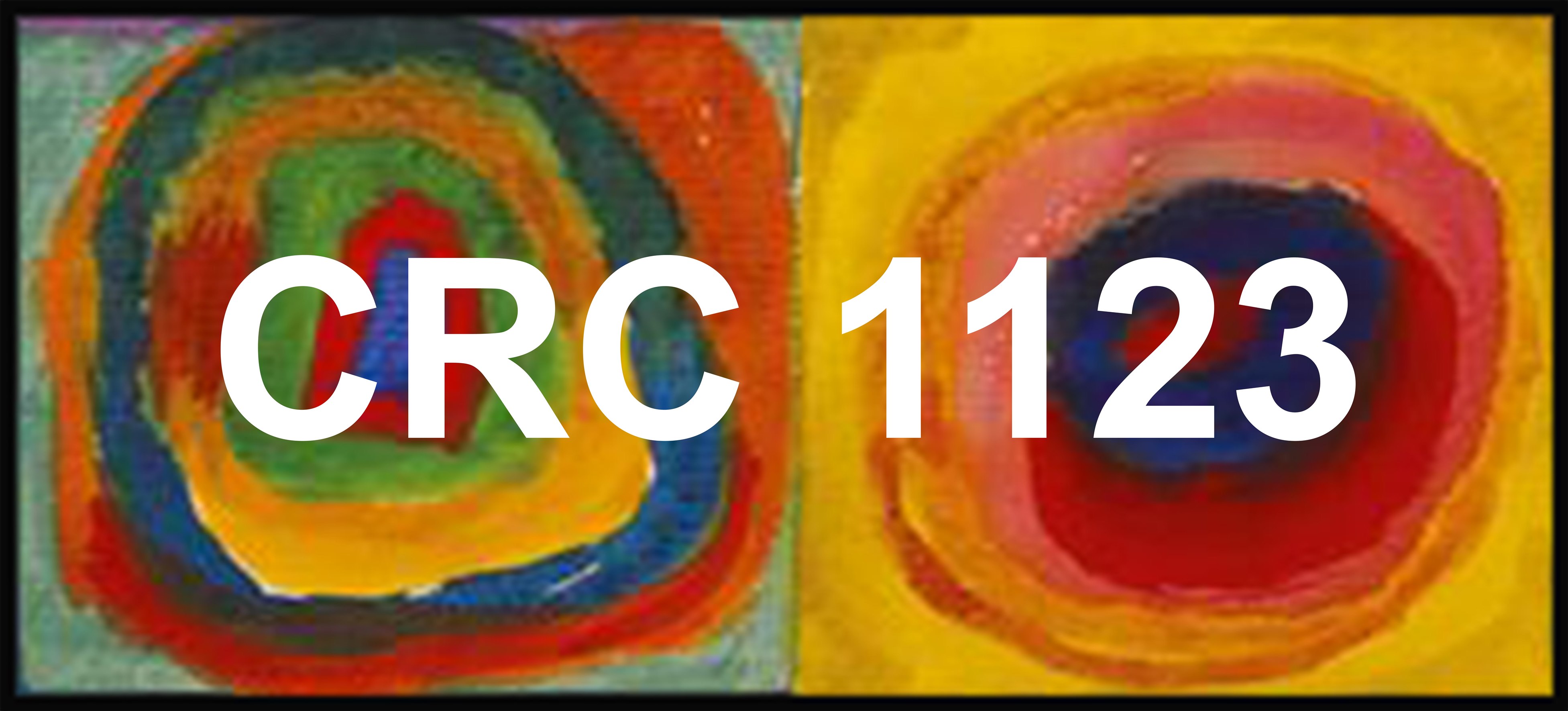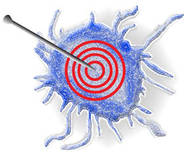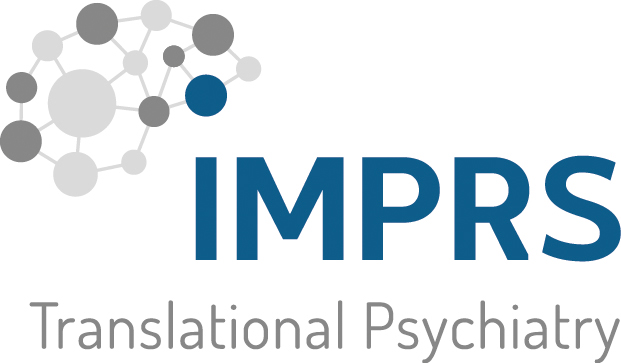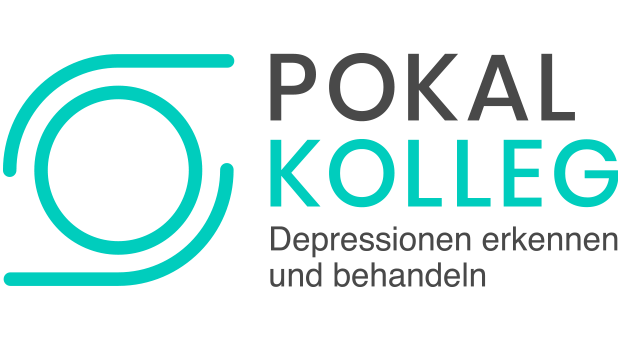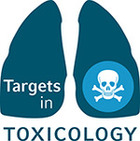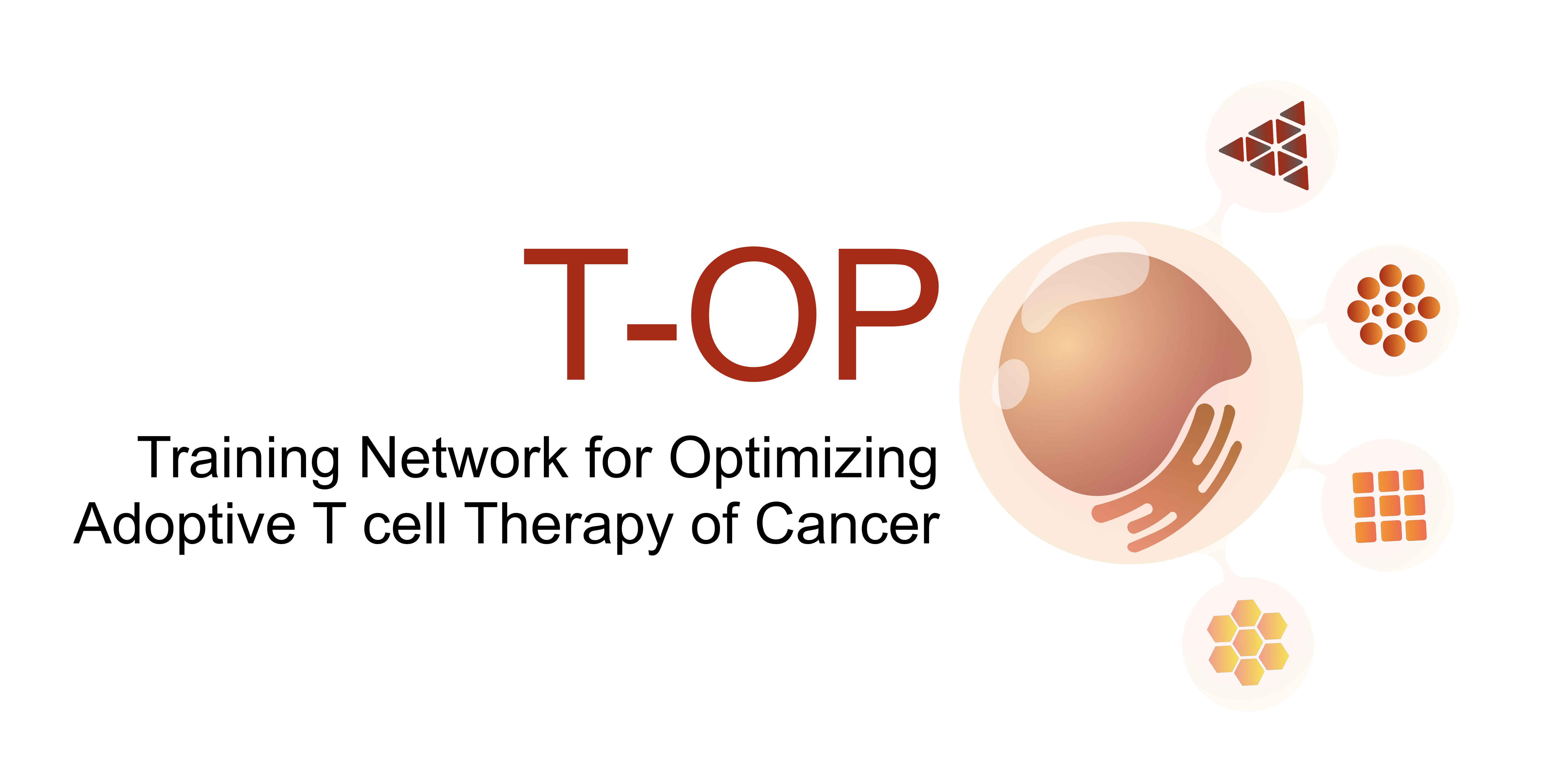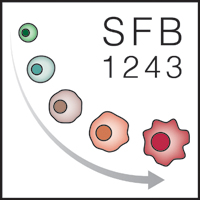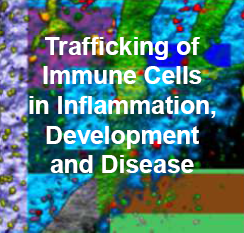Core Areas and Research Training Groups
 There are currently 6 core areas for the faculty:
There are currently 6 core areas for the faculty:
- International Health
- Oral Sciences
- Epidemiology and Public Health
- Lung Health and Immunity
- Genomic and Molecular Medicine - Personalized Approaches to Childhood Health
- Cardiovascular Science
In addition, there are numerous Collaborative Research Centers (SFBs) and Research Training Groups that offer their students a Ph.D. in Medical Research as part of their corresponding graduate program.
Since not all institutes and clinics are part of a core area or are associated with a corresponding research training group, there is the option of an "individual Ph.D. in Medical Research"
As the Ph.D. Medical Research is an international doctoral program, all information is available in English.
International Health
"International Health" combines health-related research in the widest sense, and development cooperation.
Oral Sciences
“Oral Sciences” is an interdisciplinary program promoting research activities in oral health related issues.
Epidemiology & Public Health
A doctorate in our internationally oriented Ph.D. program enables graduates from different scientific fields to sharpen their competence in epidemiology and the public health sector. Multidisciplinarity on a high level helps train young scientists in epidemiological approaches and public health questions in their future professional life.
The research projects range from clinical questions to health services research and evidence-based prevention.
Genomic and Molecular Medicine - Personalized Approaches to Childhood Health
„Genomic and Molecular Medicine - Personalized Approaches to Childhood Health“ is an international and interdisciplinary Ph.D. program that offers research and training opportunities in a wide range of topics including genomics and the overall „omics“-approach to pediatric medicine as well as aspects of immunology, epigenetics and biochemistry.
Lung Health & Immunity
The Research School "Lung Biology and Disease" is an international, interdisciplinary and thematically focused MD and PhD training program, established at the Comprehensive Pneumology Center Munich (CPC-M), Germany, a translational lung research center member of the German Center for Lung Research (DZL).
Cardiovascular Science
"Cardiovascular Science" is a new interdisciplinary program that combines traditional natural science research areas with the cardiovascular focus of clinical medicine.
Individual Ph.D.
Not all institutes or clinics offer a core area for the Ph.D. or are part of a research training group. Therefore, potential Ph.D. candidates can make use of the possibility of applying for an individual Ph.D. in Medical Research.
SFB 1054
The SFB 1054 will explore control and plasticity of cell-fate decisions in the immune system, identify input signals that determine stability and flexibility of differentiation, and characterize the molecular basis for how these signals are decoded.
SFB 1064
The SFB 1064 focuses on fundamental aspects of chromatin dynamics. It aims at understanding principles and mechanisms that endow chromatin organisation with diversity, flexibility and plasticity to respond to environmental and developmental cues. CRC research strives for an integrated understanding of chromatin structure and function from atomic resolution, via molecular interactions and mechanism to finally reach the microscopically resolvable structures of nuclei in physiological settings.
SFB 1123
The main focus of the Collaborative Research Center (CRC) 1123 Atherosclerosis – Mechanisms and Networks of Novel Therapeutic Targets is to study in-depth the molecular networks in atherogenesis, atheroprogression and atherothrombosis as the pathological sequence underlying coronary artery disease, in order to identify and verify novel targets for treating atherosclerosis. With this aim in mind, our CRC brings together researchers of different disciplines, institutions and universities in Munich.
i-Target
Tumor immunotherapy is currently subject of intense scientific and clinical development. The requirement of well trained scientists in this research field is rapidly increasing, both in industry and academy.
Three fields of immunotherapy will be investigated: Targeted cell-based therapies, targeted antibody therapy and immunomodulatory therapy (that counteracts tumor-derived immunosuppression).
IMPRS-TP
The IMPRS-TP PhD program provides interdisciplinary training in molecular, cellular and systemic psychiatric research to outstanding doctoral students in an environment of scientific excellence and collaboration to foster translational research. In addition to traditional PhD positions, we offer a unique integrated PhD/residence program in psychiatry to exceptional medical doctors.
IMPRS-ML
IMPRS-ML is a center of excellence dedicated to the education and training of the world's most promising young researchers. More than 30 distinguished and internationally recognized group leaders actively participate in the PhD program and offer challenging and interdisciplinary projects in three core research areas: Molecular Mechanisms, Biological Systems and Computational Biology and Technology Development.
IMPRS-BI
The new IMPRS - Biological Intelligence (IMPRS-BI) is an elite graduate program situated at the Max Planck Institute of the same name. It offers structured training to doctoral students interested in the question of how nervous systems develop and have evolved to allow animals to pursue their goals, navigate their environment and, more generally, produce behavioral strategies that are adapted to their respective ecological niche. Research by IMPRS-BI students often bridges several scales of biological organization, from molecules and genes to neuronal circuits, and from organisms to societies and ecosystems.
Pilot
PILOT aims to break new grounds by exploring mechanisms that determine perinatal differentiation of immune cells and their cellular environment. In particular, PILOT will dissect how preprogrammed developmental traits and perinatal exogenous cues integrate to steer immune cell differentiation, establish immune homeostasis and provide efficient immunity to infections. PILOT focuses on analyzing preprogrammed development, the impact of birth transition and the influence of postnatal cues on immune cell and tissue development. PILOT brings together leading scientists from the Medical Faculties of University of Freiburg and LMU Munich as well as experts from several other universities and research institutions. The Integrated Research Training Group (IRTG) named CoPILOT is an essential element of TRR359 and offers a well-structured graduate program to natural science and medical doctoral (MD) candidates distributed over the various geographical locations of TRR359 member institutions.
POKAL
The Research Training Group "Predictors and Clinical Outcomes of Depressive Disorders in Primary Care (POKAL)" (GRK 2621) wants to support general practitioners (GPs) in the care of patients with depression. In their research training group, junior scientists will be developing clinical research in the field of general practice and thereby helping improve care structures, processes and results. It includes a comprehensive qualification concept, which enables doctoral candidates of relevant subjects, as well as prospective GPs to receive a structured scientific education parallel to their clinical training.
GRK 2338
The Research Training Group “Targets in Toxicology - Deciphering Therapeutic Targets in Lung Toxicology” is a newly founded structured Ph.D. program which brings together twelve research partners in the Munich region. Principal investigators from the LMU Munich, Helmholtz Zentrum München, Technische Universität München, and the Bundeswehr Institute of Pharmacology and Toxicology have teamed up to acquire an in-depth mechanistic understanding of toxic lung injury and to develop the new concept of “precision toxicology” in acute and chronic toxic lung injury.
T-OP: Training Network for Optimizing Adoptive T cell Therapy of Cancer
Over the last years, immunotherapy – using a patient’s own immune system to fight tumours – has emerged as an important complement to standard treatments. Adoptive T cell therapy (ACT), the collectioin and transformation of the patient’s own T cells to treat cancer. T-OP targets a pioneering research question: how do cytokines influence the therapeutic outcome of ACT products? T-OP brings together interdisciplinary and cross-sectorial teams spanning large and small-sized companies as well as experts in different aspects of cell therapy, immunology, protein engineering and bioinformatics. T-OP will train by research 15 Early Stage Researchers (ESR), enabling them to develop efficient therapeutic solutions and to tackle economic opportunities.
MvPI Infection research
Das Max von Pettenkofer-Institut (MvPI) der LMU bietet unter dem Dach der MMRS ein neues strukturiertes internationales Promotionsprogramm (ab Wintersemester 2019/2020) mit dem Namen "Infection Research on Human Pathogens@MvPI an. Dieses Promotionsprogramm kombiniert die Bearbeitung eines individuellen Promotionsprojekts (Doktorarbeit) aus dem Bereich Infektionsforschung (mit Schwerpunkten aus Mikrobiologie/bakterielle Pathogene, Mikrobiotaforschung, Virologie und Infektionsimmunologie) mit programmspezifischen Rahmenveranstaltungen zur Vertiefung und umfassenden thematischen Abrundung in zentralen und aktuellen Themen der Infektionsforschung sowie weiteren praktischen Kursen und Angeboten zu transferable Skills.
ITN Keep Control
Balance and gait deficits are ubiquitous among the older population, and lead to enormous personal, occupational and health care burden. Emerging pharmacological and non-pharmacological interventions to date have only small to moderate effects on these deficits. This is likely due to remaining fundamental questions on underlying mechanisms and treatment.
Keep Control consists of a rare EU-wide combination of experts from clinical, biomechanic and neuroscience research, along with experts from the industry, who all aim at gaining a better understanding and treatment of balance and gait deficits in older adults.
SFB 1243
The SFB 1243 Cancer Evolution (Genetic and Epigenetic Evolution of Hematopoietic Neoplasms) studies different aspects of cancer development in an evolutionary framework, in particular the grounds for the poor prognosis of acute myeloid leukemia and indolent lymphomas. Using interdisciplinary approaches, the projects aim to decipher molecular mechanisms, measure the evolution of genetic, epigenetic and transcriptional heterogeneity in patients, mice and cellular systems, and to quantify relevant parameters by applying computational models.
SFB 914
Studying the signals that navigate leukocytes within the vascular system and between different compartments on the cellular and molecular level is the main focus of the SFB 914. This requires a broad metholodological spectrum ranging from molecular and cellular biology tools and physiological in vivo approaches to complex bio-imaging applications.
The SFB ended successfully in summer 2023.
ChroMe
ChroMe’s research targets an important nexus between metabolism and chromatin. This holds great promise to develop novel metabolic disease therapeutics, predict disease risk and take new preventive measures that can correct the genetic and epigenetic predisposition to obesity and diabetes. The research goals of ChroMe are to understand how chromatin is steered by metabolism to sustain health or cause disease, and to exploit our knowledge and expertise to develop new therapies.
ImmuTrain
IMMUTRAIN is an Innovative Training Network bringing together experts in the fields of monoclonal antibodies, dendritic cells, T-cells and immunomodulatory nucleic acids with a considerable industrial involvement. The network comprises nine academic research groups and five industrial partners in a total of nine European countries. IMMUTRAIN creates actively synergies between those sectors by forming and promoting young researchers to match the challenges of immunotherapies. Particular focus is placed on combinatorial therapies and on the new emerging field of bispecific antibodies used to target both the tumor and the patient´s immune system. 15 Ph. D. students (Early Stage Researchers, ESR) reinforced by the project leaders investigate innovative therapeutic strategies and provide the rationale for future clinical trials. Throughout their projects, ESR learn to integrate academic and industrial aspects and sharpen their experimental and complementary skills in a well-designed and diversified training program.


